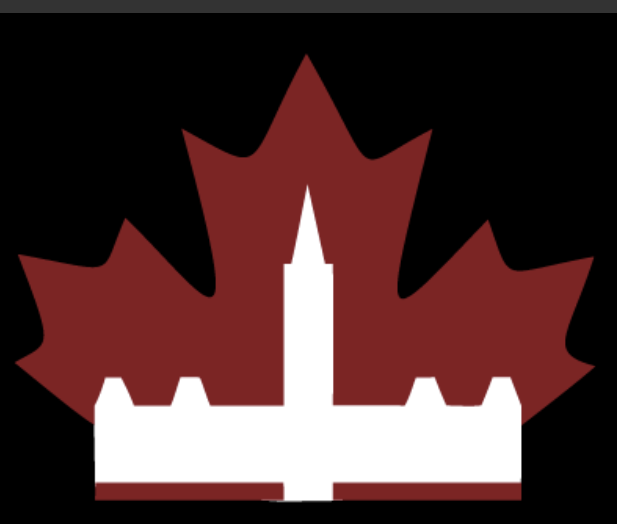I am genuinely curious. Some of my passing thoughts are below, if some context is needed.
I strongly believe that PR is a much better and fairer system than FPTP, and I hope it passes in Canada at least at the federal level.
The question. Are there any real disadvantages to PR compared to FPTP?
PR is obviously not a peefect system, and it has downsides compared to other forms of representation, such as Direct Democracy. But i cant find any real downsides when compared to FPTP.
I heard about:
-
PR allows extremist ideas to be represented. This is maybe true, but I think it is blown out of proportion It is also probably not a negative. Allowing their representation means that these ideas can be challenged in public, rather than simply censored. It also could reduce feelings of not being represented among the public, feelings which might be a strong contributing force to the rise of authoritarianism.
-
PR could effectively freeze government by not allowing anything to pass. This could be a negative, but in many cases it isn’t. In case the majority is the extremist party, PR allows a sort of damage control.
 1·3 hours ago
1·3 hours ago- PR gets us closer to what democracy is supposed to be - every one having representation at the table. Under winner-take-all systems (such as what Canada has), the majority is regularly being governed by a minority. How is that a democracy?
- We already have obstructionism under FPTP. What’s more important is that functions of government won’t be held up by a minority, but rather a majority. And if a majority of representatives does freeze government, under PR, this would generally mean that a majority of the electorate desires said outcome.
- The most powerful benefit of PR: we can effectively remove those in power who we don’t agree with.
